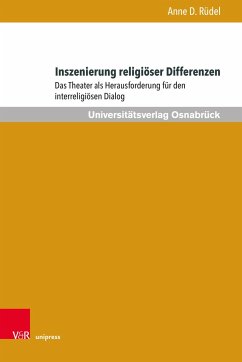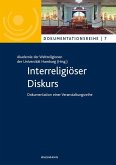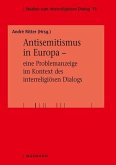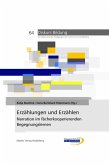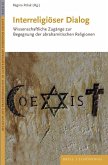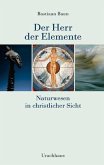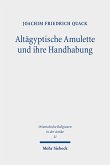Das Theater greift als säkularer Akteur in interreligiöse Dialogprozesse ein und fordert damit klassische Strukturen interreligiöser Dialogtheorien zu einem Perspektivwechsel heraus. Die vorliegende Arbeit analysiert die konkrete Inszenierung religiöser Differenzen in ausgewählten Projekten des Stadttheaters Osnabrück und fragt, welche Handlungsoptionen sich daraus für den interreligiösen Umgang mit Differenzen ergeben. Die werkimmanenten Analysen zeigen dabei, dass in den Inszenierungen religionsübergreifende Motive (Mythos, Utopie, Irritation) sowie die grundlegende Beziehung zwischen den Religionen und einer säkularen Gesellschaft verarbeitet werden. Das Theater adressiert durch diese gezielte und differenz-sensible Auseinandersetzung auch Erwartungen an die Religionsgemeinschaften und übernimmt als säkularer Akteur und »dritte Instanz« eine wichtige Funktion in rein interreligiösen Verständigungsprozessen.
The present work analyses the concrete staging of religious differences in selected projects of the Theatre Osnabrück and asks for options concerning interreligious handling of differences. The analyses have shown that the productions deal with cross-religious motifs (myth, utopia, irritation) as well as the fundamental relationship between religions and a secular society. Through this targeted and differentially sensitive discussion, the theatre also addresses expectations of religious communities and, as a secular actor and "third position", plays an important role in exclusive interreligious processes of understanding.
The present work analyses the concrete staging of religious differences in selected projects of the Theatre Osnabrück and asks for options concerning interreligious handling of differences. The analyses have shown that the productions deal with cross-religious motifs (myth, utopia, irritation) as well as the fundamental relationship between religions and a secular society. Through this targeted and differentially sensitive discussion, the theatre also addresses expectations of religious communities and, as a secular actor and "third position", plays an important role in exclusive interreligious processes of understanding.

